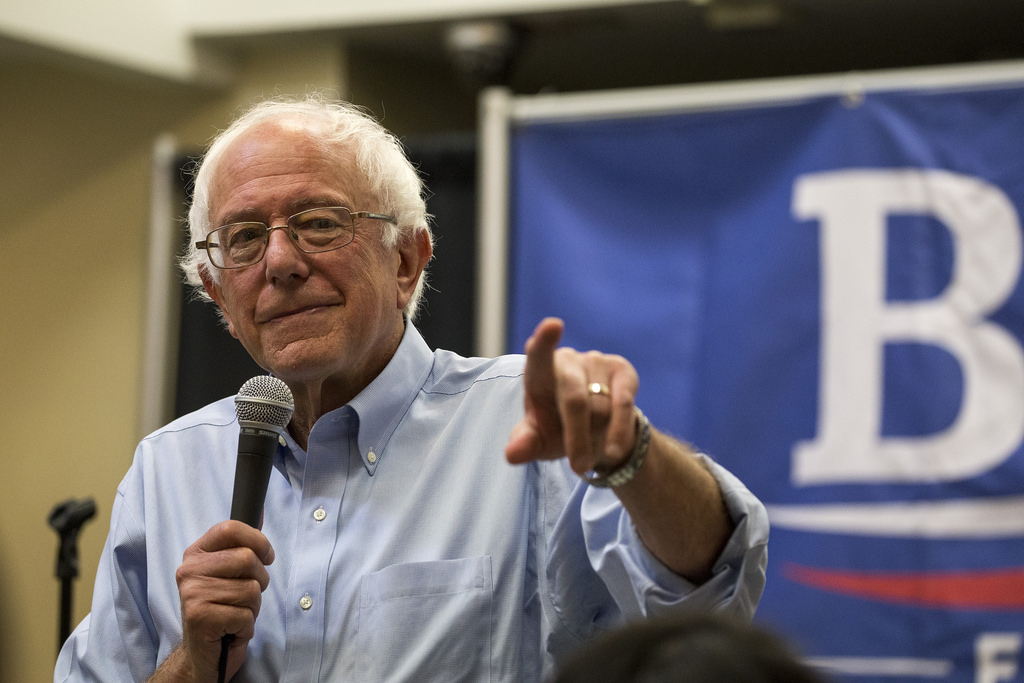When Bernie Sanders asked for money to fuel his underdog presidential campaign, Geraldine Bryant didn’t even need to think about it.
“I loved Bernie, and every time he asked for money, I just gave it to him,” Bryant told me in a recent phone interview. A filmmaker in Manhattan, Bryant gave the Sanders campaign 44 separate contributions over a nine-month period between October and June, in amounts ranging from $1 to $2,000. The donations totaled $14,440—more than five times the legal limit that an individual can give to a presidential primary campaign.
Lorraine Grace, an environmentalist and educator who runs a nonprofit organization north of San Francisco, gave the Sanders campaign 17 contributions during the height of the Democratic primary between December and May, in amounts ranging from $15 to $2,000. It added up to $8,625. “I donate almost like automatic,” Grace explained. “Bernie Sanders’ campaign reaches out to me? Bingo. Donation.”
Bryant and Grace epitomize the fund-raising juggernaut that Sanders built virtually from scratch in 2015, allowing a small-state senator with little national following and a non-existent donor base to match Hillary Clinton dollar-for-dollar through much of their hard-fought Democratic primary. Sanders raised $231 million from more than 2.7 million donors, relying on grassroots support rather than the wealthy bundlers who collect large checks for establishment candidates.
But the constant fundraising requests that produced that shower of cash can be troubling in their own way. They’re reminiscent of the marketing strategies used by casinos, tobacco companies, and even “the old Nigerian scams,” said Timothy Fong, co-director of the Gambling Studies Program at UCLA. The solicitations convey “a sense of urgency, the very impulsive, it’s an opportunity that can’t be missed,” he said. “It’s very similar to what drug dealers use or casinos use to get people to continue to play.” […]
If the Sanders campaign and its predecessors resembled a casino trying to turn its first-time customers into regulars, then supporters like Bryant and Grace are its slot-machine donors. They responded to the campaign’s pleas nearly every time. And like more than 1,500 other Sanders contributors, they gave not only generously but excessively; their total donations blew past the $2,700 federal limit for a primary campaign. I reported on this phenomenon back in May, pointing out that while most successful campaigns have donors that give too much, the overeager contingent of Sanders supporters appears to be unprecedented in size.
Photo by Phil Roeder 
